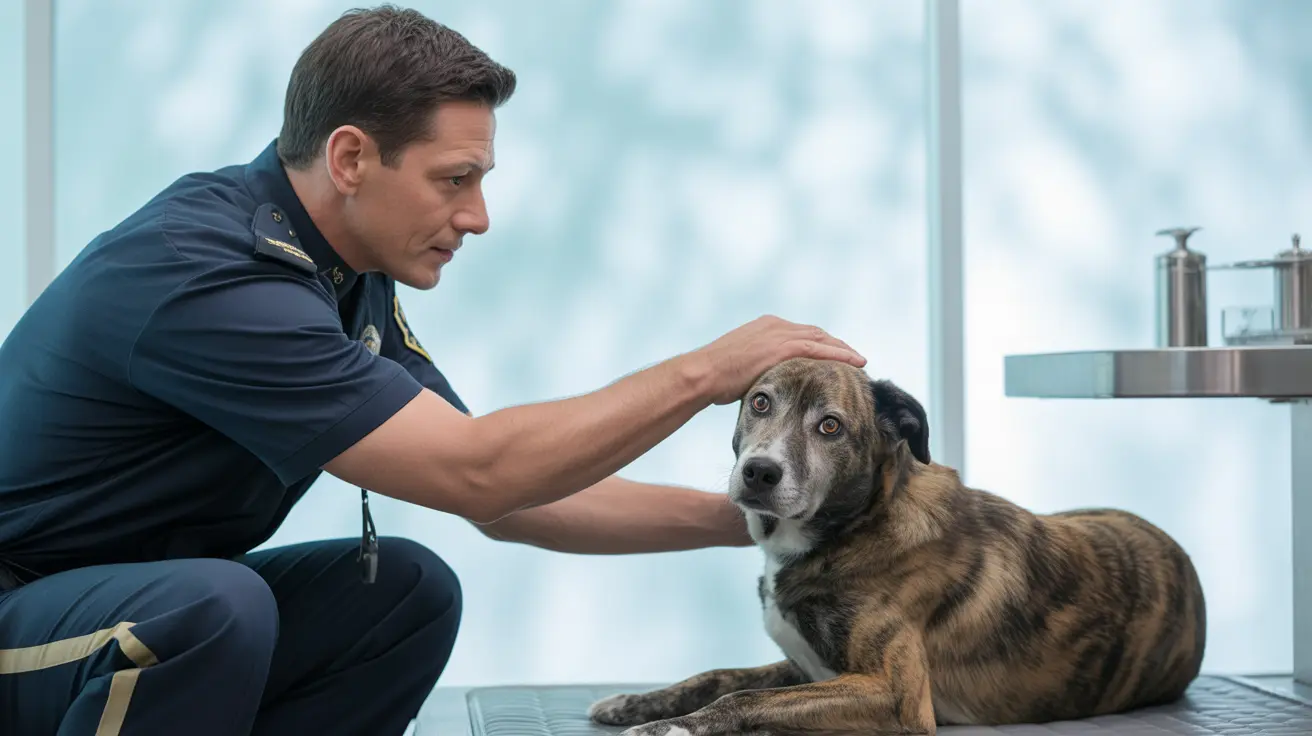Understanding Why Cats Stop Eating After Moving
Cats are creatures of habit and extremely territorial animals. When moved to a new environment, they often experience significant stress and anxiety due to the sudden change in their surroundings. This stress commonly manifests as a temporary loss of appetite.
The absence of familiar scents, sounds, and safe spaces can make cats feel vulnerable and uncomfortable, leading them to refuse food as they process these environmental changes.
Common Signs of Moving Stress in Cats
Besides not eating, cats may display several other stress-related behaviors after moving:
- Excessive hiding or seeking isolation
- Decreased social interaction
- Changes in litterbox habits
- Increased vocalization
- Lethargy or restlessness
- Changes in grooming habits
Creating a Safe Adjustment Space
To help your cat regain their appetite, setting up a dedicated adjustment room is essential. This space should include:
- Familiar bedding and toys
- Multiple hiding spots
- Easy access to fresh water
- Their regular food bowls
- A clean litterbox in a quiet corner
- Comfort items from your previous home
Encouraging Your Cat to Eat
There are several effective strategies to stimulate your cat's appetite in their new environment:
- Warm up their food to enhance aromas
- Offer high-value treats they especially enjoy
- Place food in quiet, low-traffic areas
- Maintain consistent feeding times
- Use food puzzles or interactive feeders
- Consider appetite stimulants (with veterinary approval)
When to Seek Veterinary Care
While some appetite loss is normal after moving, certain situations require immediate veterinary attention:
- No food intake for more than 24-48 hours
- Signs of dehydration
- Lethargy or weakness
- Vomiting or diarrhea
- Yellowing of the eyes or gums
- Significant weight loss
Frequently Asked Questions
Why is my cat not eating after moving to a new home?
Cats typically stop eating after moving due to stress and anxiety from the environmental change. The unfamiliarity of the new space can make them feel unsafe, leading to temporary appetite loss.
How long is it normal for a cat to refuse food after a stressful move?
It's normal for cats to refuse food for 24-48 hours after moving. However, if your cat hasn't eaten anything beyond this timeframe, you should consult a veterinarian.
What can I do to help my cat start eating again after relocating?
Create a quiet, safe space with familiar items, maintain regular feeding schedules, offer favorite foods, and use calming pheromone products. Patience and consistency are key to helping your cat adjust.
When should I worry and take my cat to the vet if it stops eating post-move?
Contact your veterinarian if your cat hasn't eaten for more than 48 hours, shows signs of illness, or appears lethargic. Prompt medical attention is crucial to prevent serious health complications.
Can moving cause other behaviors besides loss of appetite in cats?
Yes, moving can cause various behavioral changes including hiding, inappropriate elimination, increased vocalization, aggression, and changes in social interaction patterns.
Conclusion
While it's concerning when your cat stops eating after a move, understanding that this is a common response to stress can help you approach the situation calmly and effectively. By creating a supportive environment, maintaining patience, and knowing when to seek veterinary care, you can help your cat successfully adjust to their new home and resume normal eating habits.
Remember that each cat adjusts differently, and some may take longer than others to feel comfortable in their new environment. With proper care and attention, most cats will return to their normal eating patterns once they've had time to acclimate to their new surroundings.






